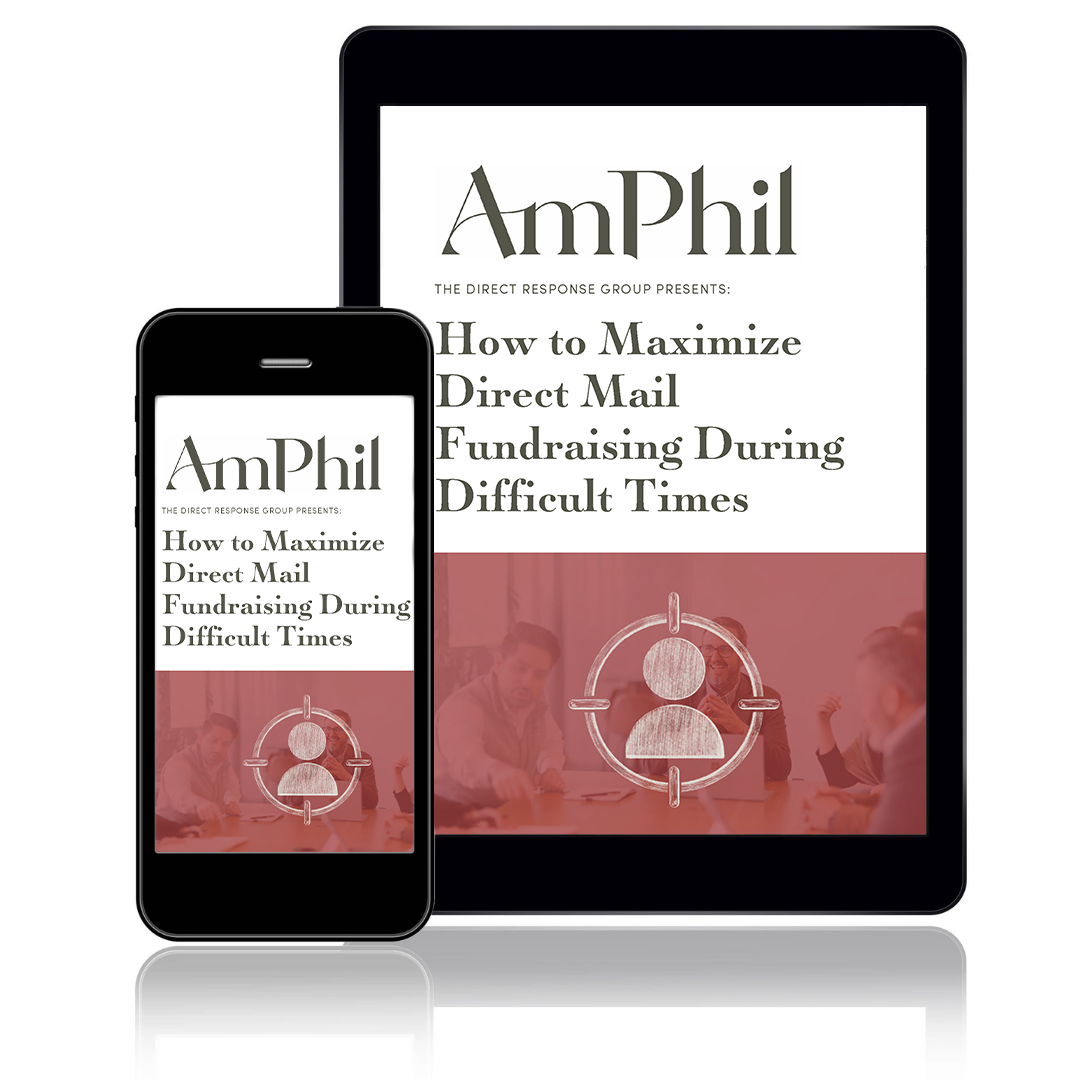
Here’s the dilemma: when you send a thank you letter to a donor should you include a reply device and a reply envelope?
The Short Answer is . . . YES You Should!
The idea of providing another opportunity for the donor to give—ideally within 48-72 hours from the date of the original donation is a tactic that often goes against the grain for many fundraisers.
Many fundraisers think about one of the following:
- My donor just gave me a gift so they will be offended if I ask them for another gift so quickly.
- It would be tacky, ungrateful even, for me to ask for money right now. I need to thank them for their gift and nothing else!
- Why would I ask my best donors for a gift again? I know they aren’t ready to make another gift!
The concerns go on and on. And you’re not unwise to ask these questions because it’s important to communicate thoughtfully with donors. But I am here to tell you that if your organization does not include a giving opportunity in your gift acknowledgment letter you are missing an opportunity to raise funds—and your donor is missing out on an opportunity to support you.
And it’s more than just raising additional funds. It’s also about . . .
Creating an Additional Opportunity to Give
The lifeblood of a healthy donor file is having donors in the database who give multiple times throughout the year. To get there, you need to provide many giving opportunities.
Receipt mail (thank-you letters and gift acknowledgments), with a reply device and envelope, helps increase the frequency of giving, which catalyzes deeper engagement across the donor file. The more frequently someone gives, the more likely they are to have a high affinity for your organization and to feel a deeper sense of identity and belonging.
In other words, if you provide more opportunities to give, donors will take more opportunities to give; and when they give more frequently, they will feel like they are a part of your work and mission.
Following the Stats
It is statistically proven (across all marketing) that a recent buyer (or donor in our case) is the most likely person to respond again. If you went into a coffee shop today, the likelihood of you going there again tomorrow or the next day is far greater than if your last visit to the coffee shop was three weeks ago.
Think about it. From catalogers to telemarketers to door-to-door salespersons (if there is still such a thing), it is a well-known fact that the most recent “customer” is the most likely candidate for purchasing again. So, who is going to be your most likely donor to give again? The donor who just responded.
Keeping Donors Involved
A recent donor gave their gift for a reason, and they are likely pleased with their decision to give to your organization. They may even be proud of that decision. What does that mean? It means that the notion of giving again while the organization is on their mind and in their good graces, is an honor and delight for them. And when asked again, they feel a sense of belonging, like they are truly a part of your work accomplishing some good, and feel like they did the right thing with their recent gift. They will develop a deeper sense of their role in advancing your mission.
Raising Money
And yes, it is also about raising money. Regardless of how YOU (or your supervisors or your board) feel about asking for money with gift receipts, the fact of the matter is that if you don’t do it, you are missing an opportunity to raise more to advance your mission. And depending on the size of your organization, it could be a significant opportunity!
This is not some short-term proposition or a quick fix to get more funds fast. You are in fact improving the health and quality of your donor file. You will have increased giving frequency, strengthened the donor's sense of identity and belonging, and kept your organization in their heart and mind.
Testing and Tracking
Of course, data rules the roost in direct response. It’s not hard to test different strategies and to know how your donors respond. Whether we’re talking about gift receipt solicitations or anything else in direct mail, test it (more than once!) and track the results.
If you or your boss are hesitant to try this strategy, don’t be! Just test it out and see what happens.


